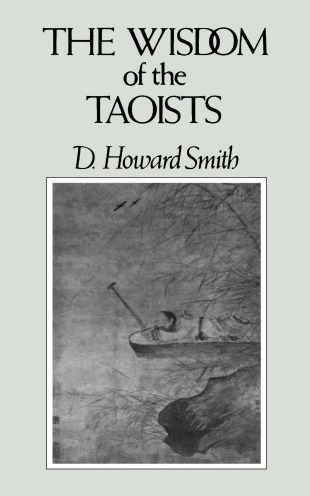This superb collection of sayings and stories from Lao-tzu and Chuang-tzu delineates the mystical perspectives of Taoism. D. Howard Smith, a British authority on early Chinese religions, says in the introduction:
"Taoists believed that the whole cosmos is spirit-fraught, and that there is a spiritual dimension to man himself. Yet few saw reason to believe in a creative, purposive God. The whole universe — gods, spirits, men, living creatures, even the inanimate fields, rocks, hills and streams — were all seen as part of an ever-changing process at the heart of which lay some principle of unity, so hidden and mysterious that its secrets could not be penetrated by human reason or intellect. To seek and find that mysterious principle, to discover it within one's most inmost being, to observe its workings in the great universe outside, and to become utterly engulfed in its serenity and quietude came to be the supreme goal of the Taoist mystics. Apprehending it to be ineffable, impalpable and nameless, they nevertheless gave it the name TAO."
Chuang-tzu, who lived in the fourth century BC, was caught up in the changes and transitions of life. Since everything is temporary, it makes no sense to be attached to things. And in Lao-Tzu' Tao Te Ching, we see the many mysteries of life are not to be solved but to be respected. Smith writes of this view:
"The whole universe is essentially One, and the wise man realizes his own indissoluble unity with the whole. By reaching down into the Tao of his own nature he hopes to attain a perfect oneness with the principle of all life and movement. In such tranquility nothing can ever disturb the spirit which realizes that joy and sorrow, life and death, are but incidental to the marvelous ordering of things, and are no more significant than night and day."
This is an enlightening collection of mystical gems from Taoism.
